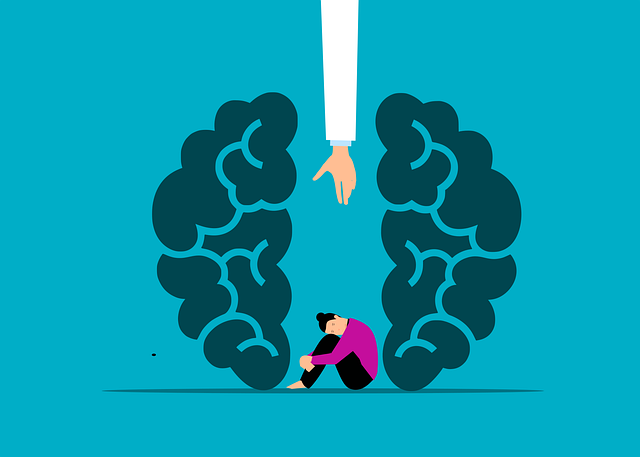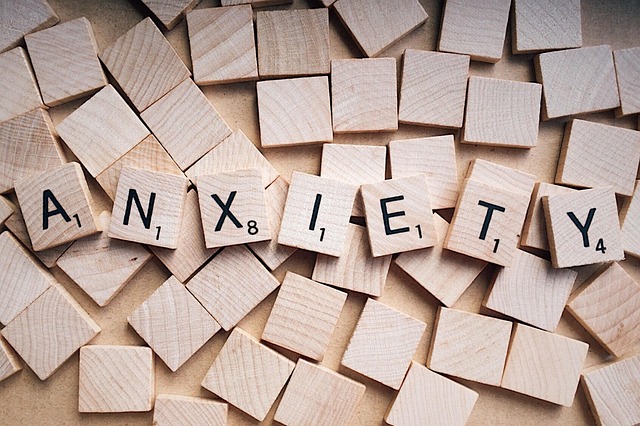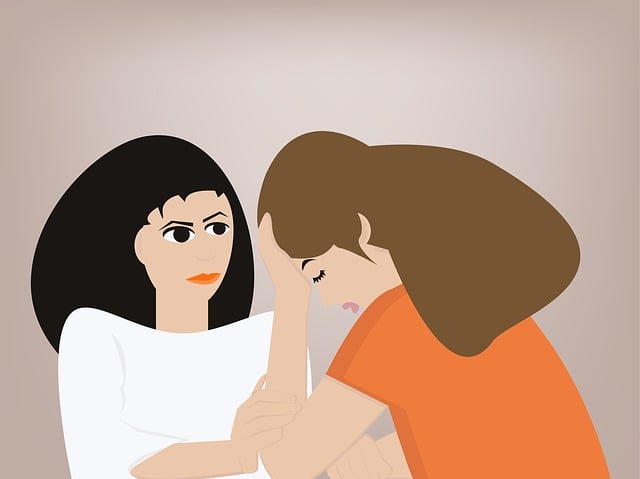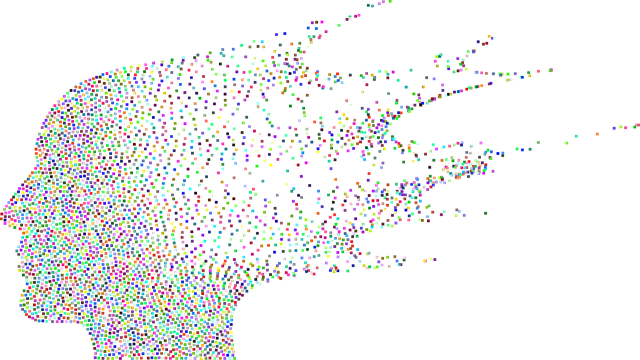Understanding mental health diagnoses is crucial for parents seeking to protect their child's well-being, as highlighted by Louisville Child Abuse Therapy (LCAT). LCAT professionals assess symptoms and behaviors to identify conditions like anxiety, depression, or ADHD. Mental health awareness allows early recognition of issues that can impact a child's future. Parents are encouraged to actively participate in therapy, learning about diagnoses, understanding treatment options (e.g., social skills training), and providing consistent home support. LCAT offers diverse resources, including trauma-focused care, evidence-based practices, community initiatives for self-esteem and resilience building, and comprehensive support for affected children and families. Effective treatment involves open communication, personalized environments, diagnosis-specific techniques (like CBT or DBT), and risk management planning to build resilience and long-lasting coping skills.
“Unsure where to turn for help? Navigating mental illness can be overwhelming, especially for parents seeking Louisville child abuse therapy. This guide offers a comprehensive look at understanding mental health diagnoses, exploring the local therapy landscape, and demystifying treatment options in Louisville. From recognizing signs to choosing the right care, we provide essential strategies for building resilience and fostering well-being. Empower yourself with knowledge and find support for a brighter future.”
- Understanding Mental Health Diagnoses: A Parent's Guide
- The Louisville Child Abuse Therapy Landscape: Resources and Support
- Navigating Treatment Options: What to Expect and How to Choose
- Building Resilience: Strategies for Effective Recovery and Well-being
Understanding Mental Health Diagnoses: A Parent's Guide

Understanding mental health diagnoses is a crucial step for parents navigating their child’s well-being. In Louisville Child Abuse Therapy, professionals often begin by assessing symptoms and behaviors to identify specific conditions such as anxiety disorders, depression, or attention-deficit/hyperactivity disorder (ADHD). Mental health awareness plays a vital role in recognizing these issues early on, which can significantly impact a child’s future.
Parents are encouraged to participate actively in their child’s therapy. This involves learning about the diagnosed condition, understanding treatment options like social skills training and trauma support services, and providing consistent support at home. By embracing this journey, parents become powerful advocates for their child’s mental health recovery and overall well-being.
The Louisville Child Abuse Therapy Landscape: Resources and Support

Louisville’s child abuse therapy landscape offers a range of resources and support for families navigating mental health challenges. The city boasts several reputable organizations dedicated to providing specialized care, including trauma-focused therapy services tailored to address issues like anxiety, depression, and post-traumatic stress disorder (PTSD) in children and adolescents. These centers often employ licensed therapists who utilize evidence-based practices such as cognitive-behavioral therapy (CBT), eye movement desensitization and reprocessing (EMDR), and play therapy to help young individuals process trauma and develop coping mechanisms.
In addition to clinical services, Louisville’s community resources enhance the availability of support for self-esteem improvement and resilience building among children who have experienced abuse or neglect. Local non-profit organizations often host workshops and programs focused on mindfulness meditation, art therapy, and group counseling sessions, providing alternative avenues for emotional healing and personal growth. These initiatives aim to empower young people, helping them develop healthy coping strategies while fostering a sense of safety, self-worth, and resilience.
Navigating Treatment Options: What to Expect and How to Choose

Navigating treatment options for mental health can be an overwhelming task. In Louisville, child abuse therapy is a specialized field that addresses complex issues stemming from traumatic experiences. The first step involves understanding the various treatment modalities available, each with its unique benefits and approaches. Psychotherapy, medication management, support groups, and alternative therapies like art or music therapy are among the choices. It’s crucial to consult with healthcare providers who have undergone cultural competency training to ensure a safe and sensitive environment tailored to individual needs.
When choosing a treatment path, consider factors like your specific mental health diagnosis, personal preferences, insurance coverage, and the expertise of potential therapists. Emotional well-being promotion techniques vary, from cognitive behavioral therapy (CBT) for managing anxiety to dialectical behavior therapy (DBT) for emotion regulation. Additionally, exploring resources like Mental Wellness Podcast Series Production can offer valuable insights and support throughout the recovery journey. Remember, finding the right treatment is a collaborative process that requires open communication with your healthcare provider.
Building Resilience: Strategies for Effective Recovery and Well-being

Building resilience is a cornerstone of effective recovery and well-being, especially in navigating the complexities of mental illness diagnosis and treatment. At Louisville Child Abuse Therapy, we understand that fostering resilience equips individuals with the tools to face challenges head-on. Strategies such as cultivating coping mechanisms, enhancing self-care practices, and practicing mindfulness can significantly strengthen one’s ability to adapt and bounce back from setbacks.
Risk Management Planning for Mental Health Professionals plays a pivotal role in this process. By prioritizing empathy building strategies and incorporating mental wellness journaling exercises into therapy sessions, we empower clients to take ownership of their healing journey. This holistic approach not only enhances the effectiveness of treatment but also ensures that individuals develop long-lasting coping skills, fostering a sense of empowerment and resilience necessary for maintaining mental wellness.
In navigating the complex landscape of Louisville Child Abuse Therapy, understanding mental health diagnoses is a crucial first step. The resources and support available in Louisville empower parents and caregivers to make informed decisions about treatment options. By delving into what to expect during therapy and exploring effective strategies for recovery, families can foster resilience and enhance well-being. These insights serve as a testament to the transformative power of knowledge and care in addressing mental illness.














